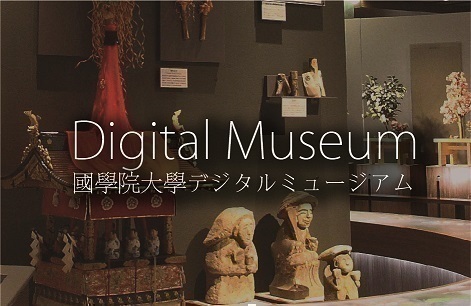- トップ
- Encyclopedia of Shinto
- Saniwa
Encyclopedia of Shinto
| Main Menu: | |
| Links: |
詳細表示 (Complete Article)
| カテゴリー1: | 6. Belief and Practice |
|---|---|
| カテゴリー2: | Divination and Supplication |
| Title | Saniwa |
| Text | An abbreviation for sayaniwa, saniwa is commonly regarded as having originally referred to a purified site called saniwa (沙庭) where a deity was worshipped and its "divine message" (takusen) was revealed. As a result, saniwa later came to signify "a person who receives a divine revelation at a saniwa (沙庭)" (saniwabito), that is, someone who receives and interprets a divine revelation or who plays the koto at a purified ceremonial site. In an account of Emperor Chūai in Kojiki, the emperor played the "seven-stringed koto" (mikoto, also called wagon) and Takeshiuchi no Sukune prayed at the saniwa for a divine proclamation. In Book IX of Nihon shoki, Empress Jingū (Jingū kōgō) assumed the role of officiating priest, ordered Takeshiuchi no Sukune to play the koto, and summoned Nakatomo no Ikatsu Omi to serve as saniwa(審神者). Consequently, a person who played the wagon for a kagura performance was also called saniwa. According to the "Kamo Annual Festival" (Kamo rinjisai ) entry within the Seiji yōryaku: "Originally, a deity made its messages (審神) known through a person referred to as sanwa (散簸). […] Now, however, a person who plays the koto is called a saniwa 左爾波 and exclusively performs accompaniment for kagura dance." This indicates that saniwa referred to a koto player but had originally signified a person who interpreted and communicated divine revelations. In Commentary on the Kojiki (Kojikiden) written by Motoori Norinaga (1730-1801), Norinaga reaches the same conclusion: "Although this 審神者 should be read as saniwabito, its meaning is no different from simply calling such a person saniwa左爾波. According to a quote from the Kōbōshiki in the Shaku Nihongi [ed.: a text that is now lost]: 'In the present age, the person who plays the koto is called saniwa沙庭.' I interpret this to mean that this appellation must also have been used at that time." Norinaga thus understood that the word saniwa had been passed down since ancient times as the designation for someone who plays the koto. In religious groups such as the Ōmoto sect, moreover, saniwa refers to a deity that has possessed someone or the person who interprets the words of a possessing deity. —Nakajima Hiroko |




